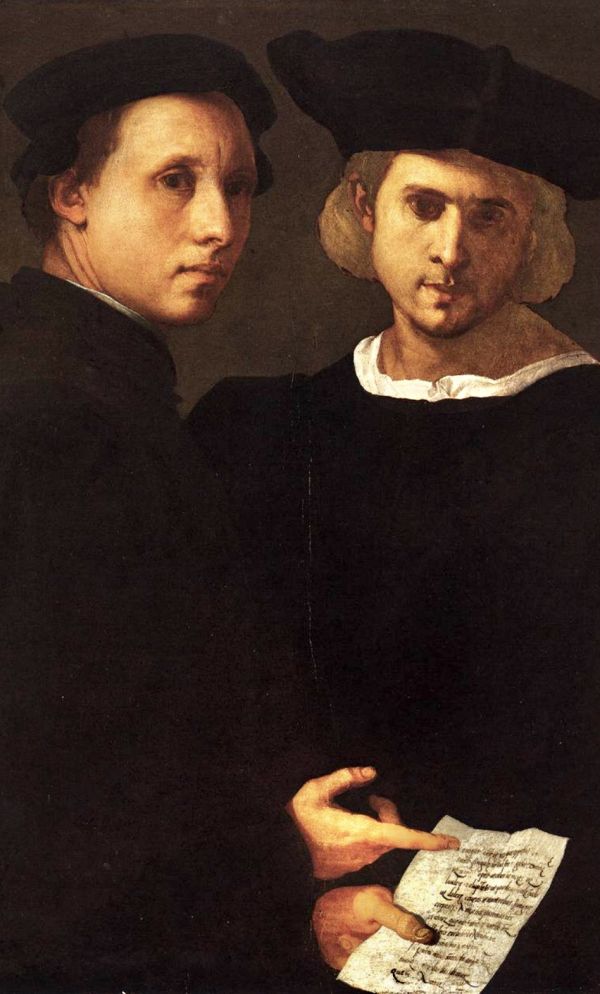(Jn 15:9-17)
Jesus has just used the image of the vineyard to configure the character of the new people and the circulation of life with those who believe in Him.
The allegory of the vine and the branches is now translated into existential terms.
The propagation of divine dynamism in us gives rise to a current and communication of love. The movement of authentic love Comes to us.
It is an uninterrupted flow of resemblances of the divine condition. Transparent syntony with generative value, brought by the Son: «as» and «because» [I have loved you] (v.12 Greek text).
Mirthfulness that flows from this will not be one of euphoria or exaltation: it is the result of an awareness that combines the divine proposal of non-possessive Similarity with our capacity to welcome - not detach ourselves.
Abiding in the Father-Son circulation of love, we are enveloped by a Happiness that senses the meaning and uniqueness of our seed, and changes the way we see life, suffering, relationships and joy.
«Greater love hath no man than this, that one lay down his life for his friends» (v.13).
Difference between religiosity and Faith? Friendship, which is stronger than both cerebral alchemy and voluntarism.
The Friend shares intents, cultivates communion of life.
The «servant» (v.15) remains unreliable and rancorous, because he is a mere executor of other people’s orders - which do not concern the irreducible hidden roots, the Source from which the heart draws and which belongs to him (v.16).
In this way, the trustworthy Friend is happy not only when he realizes himself, but also when he can expand and brighten the life of his beloved.
And he willingly ousts himself from the first seat in favour of the beloved.
John does not speak of love of enemies as Mt 5 does in the Sermon on the Mount, rather he insists on mutual love within the community of believers, as a relationship with the divine life itself.
Here we note a particular concern for individual persons and the atmosphere among friends of Faith, who must first themselves embody the spirit of selflessness and truth they preach to others.
The Lord does not ask for 'fruits' [multiple external works, often tinged with exhibitionism] but only one 'work': Love without duplicity, qualms, dissociations.
In the unique and unprecedented personalization of the «Fruit» (v.16), Christ does not remain a Model to be imitated, but a real Life that continues in us.
The only tiger in the engine: by inviting the mystery of the our founding Eros that dilates the Ego into the You:
In Friendship; in the opposing feelings that surface; in the growing unity of thought and aspirations; in the people who draw near; in the communion of desire and circumstances... the wills unite.
In this divine-human Empathy [which is more persuasive than voluntarism] the codes of behavior, the extrinsic, external, extraneous project, to which (previously) one had to bow, now weave a dialogue.
Finally, they come together - by 'Name' [a term that in the Gospels indicates in particular the rawness of the Lord's true story, as well as our personal interpretation and actualisation of it].
Here is up the ignition and the pouring out of Communion, on a high ground of understanding; without hidden conflicts. And without servitude.
In short, in the Ideal as in the Dream we prefer Friendship.
And we tread the Way of Faith in the Crucified - that of the setback and imbalance of love.
[Friday 5th week in Easter, May 23, 2025]












